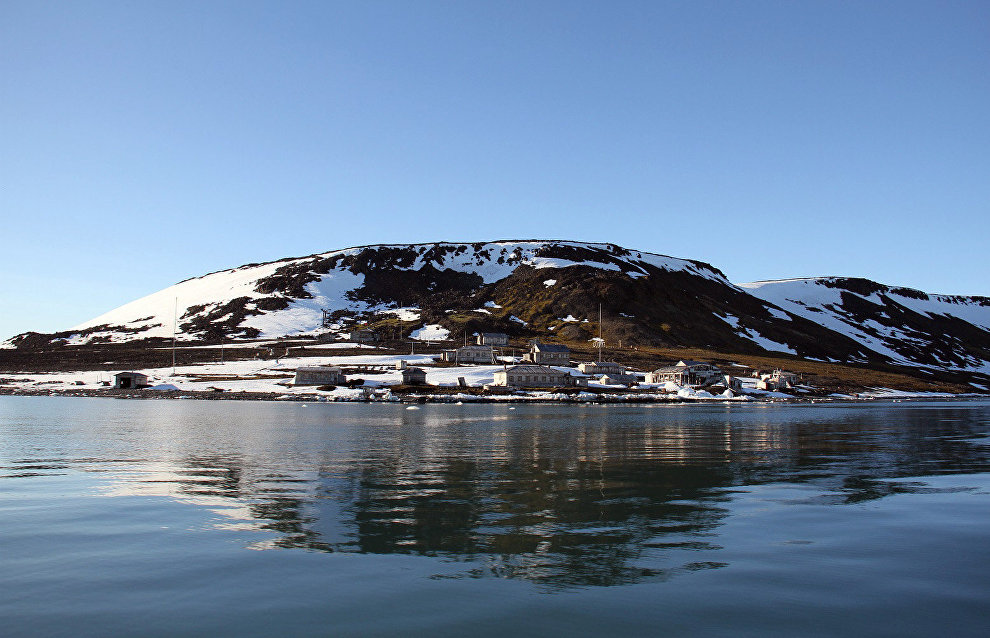Russian Arctic National Park’s experts study anthropogenic impact on local nature
In 2017, Anna Chekmaryova, an expert from the SCANEX Engineering Technical Center, conducted research in Tikhaya Harbor in the northwestern section of Hooker Island and evaluated the anthropogenic impact on Russian Arctic National Park nature complexes, the park's press service reports. Cartographic and monitoring methods were used to gauge the anthropogenic impact on biotic, soil and geological components of high-latitude ecosystems.
"While studying the Franz Josef Land Archipelago, we exposed the most dangerous processes inflicting the most long-lasting damage on the habitats of Arctic plants and animals. We assessed the possible causes of these processes linked with the intensity of the anthropogenic impact and the extent of disrupting natural landscapes during long-term impact," Chekmaryova said.
She focused on hill-slope gravitational processes caused by the degradation of layers of permafrost. Benchmarks were installed on hill slopes with different gradients near Tikhaya Harbor. This made it possible to analyze soil-shift trends as a result of the anthropogenic impact. Monitoring sites were located in areas with no manifestations of linear erosion that also develops on slopes affected by recreational impact.
She prioritized the state of the vegetation of Hooker Island. Geo-botanical sites that had been established here in 2011 were later restored for monitoring the local anthropogenic impact. New phenology sites have also been installed. An experiment simulating a tourist expedition has made it possible to assess the scale of recreational impact on various plant communities and their habitats.
We chose the right sort of technology for building a nature trail in Tikhaya Harbor, Chekmaryova said. The park's employees have been working on this project for several field seasons. Elevated boardwalks make it possible to preserve the soil and plant layers and help stabilize their natural development.
No systematic observations of recreational impact on nature complexes in Franz Josef Land Archipelago have been conducted for many years. Similar projects had been implemented in the 1970s and mostly focused on research, rather than environmental-protection aspects. Today, there are no risk-assessment methods for tundra and Arctic-desert ecosystems at Russian Arctic National Park, and these methods must be compiled as soon as possible.
On September 19, 1913, Georgy Sedov, chief of the first Russian expedition to the North Pole aboard the vessel Martyr St. Phocas, gave Tikhaya Harbor, located in the northwestern section of Hooker Island, its present name. The Tikhaya Harbor polar station was established here in 1929 and operated up until 1957. Currently, it has the status of an open-air museum site. Park experts have been working on this site since 2012. The national park's seasonal fieldwork base is also located in Tikhaya Harbor.
